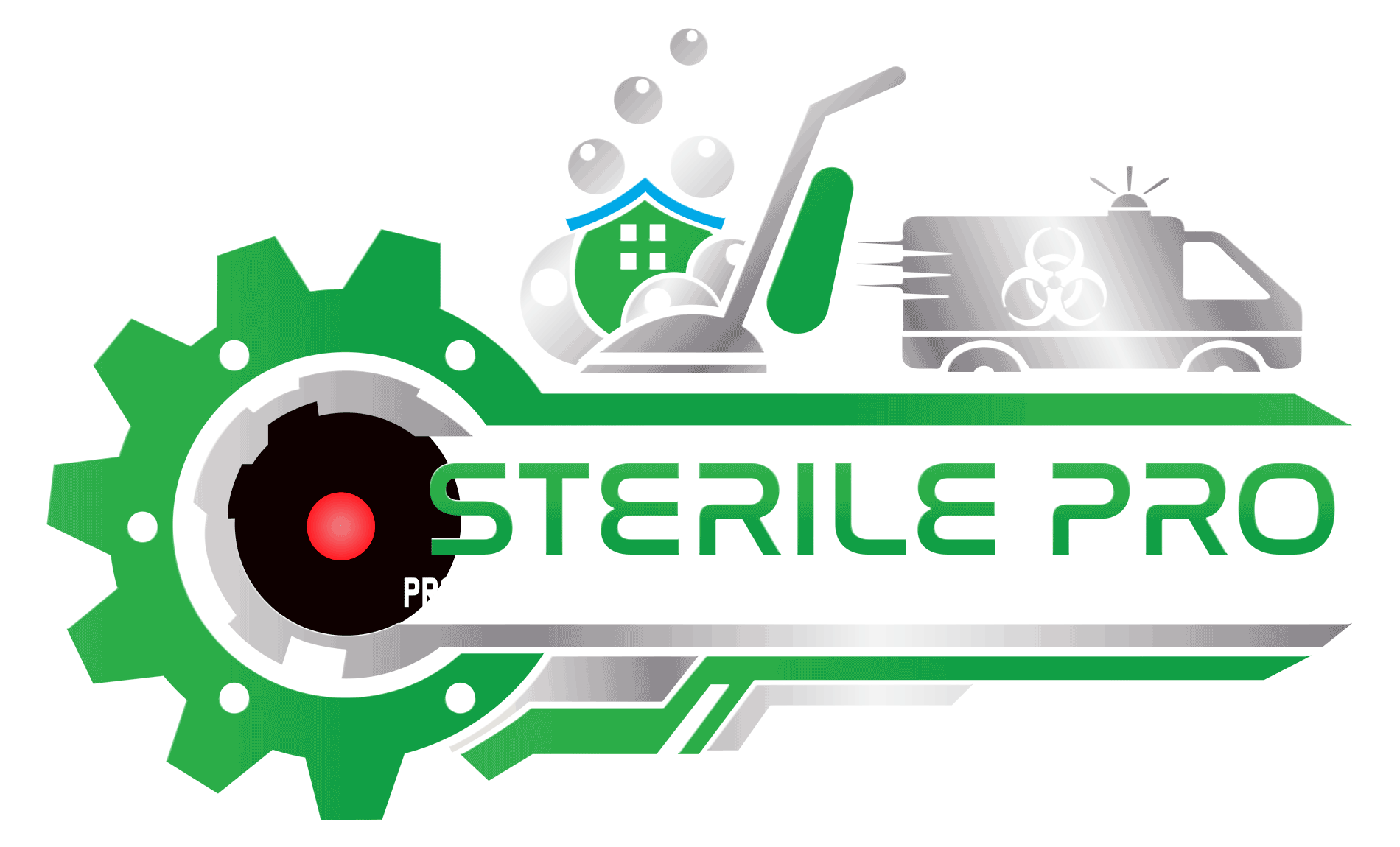Key Factors to Consider before Investing in a sanitation franchise business

Investing in a sanitation franchise business can be a promising venture, offering opportunities in a growing market driven by increased awareness of hygiene and cleanliness. Before diving into this sector, potential investors should carefully evaluate several key factors to ensure a successful and sustainable investment.
Firstly, market demand and trends play a crucial role. The sanitation industry has witnessed a significant uptick in demand, fueled by heightened hygiene standards in both residential and commercial sectors. Factors such as population growth, urbanization, and stringent health regulations further amplify this demand, creating a robust market environment for sanitation services.
Secondly, franchise reputation and support are paramount. Opting for a well-established franchise brand ensures access to proven business models, operational expertise, and established customer trust. Franchisors typically offer comprehensive training, marketing support, and ongoing guidance, crucial for navigating the nuances of the sanitation business effectively.
Financial considerations form another critical aspect. Initial franchise fees, ongoing royalties, and operational costs should be meticulously assessed against projected revenues and profitability. Conducting a thorough financial analysis, including cash flow projections and return on investment calculations, helps in determining the feasibility and potential profitability of the venture.
Moreover, regulatory compliance cannot be overlooked. The sanitation industry is subject to various health and safety regulations at local, state, and federal levels. Ensuring full compliance not only mitigates legal risks but also enhances credibility and trust among clients and stakeholders.
Operational scalability and geographic territory rights offered by the franchise are also pivotal factors. Understanding the flexibility to expand operations and exclusivity in designated areas can significantly impact long-term growth prospects and competitive positioning within the market.
Lastly, evaluating the support ecosystem provided by the franchisor, including ongoing training, technological innovations, and operational efficiencies, contributes to sustaining a competitive edge in the dynamic sanitation industry landscape.
In conclusion, investing in a sanitation franchise business requires careful consideration of market dynamics, franchise reputation, financial implications, regulatory compliance, operational scalability, and franchisor support. By meticulously assessing these key factors, prospective investors can make informed decisions that maximize potential returns and long-term success in this burgeoning sector.
Understanding Market Dynamics
The sanitation industry is shaped by several dynamic factors that influence market demand and operational strategies. Understanding these dynamics is crucial for potential investors looking to enter this sector. Population growth, urbanization trends, and increasing awareness of health and hygiene standards all contribute to the growing demand for sanitation services. As cities expand and hygiene regulations become more stringent, the need for professional sanitation solutions in both residential and commercial settings continues to rise. This section explores the key market drivers and trends that impact the sanitation franchise business.
Choosing the Right Franchise
Selecting the appropriate franchise is a pivotal decision that can significantly influence the success of an investment in the sanitation sector. Established franchise brands offer several advantages, including proven business models, recognized brand identities, and comprehensive support systems. Evaluating franchise options involves assessing factors such as franchise fees, royalty structures, territory rights, and the franchisor’s track record. This section provides insights into the criteria for choosing a sanitation franchise that aligns with investment goals and market opportunities.
Financial Considerations and Investment Outlays
Financial planning is essential when considering an investment in a sanitation franchise business. Prospective franchisees must evaluate initial investment costs, ongoing fees, and potential revenue streams to determine the financial feasibility of the venture. Analyzing financial projections, conducting a break-even analysis, and assessing return on investment (ROI) are critical steps in making an informed investment decision. This segment delves into the financial aspects of franchising in the sanitation industry, offering guidance on budgeting, financing options, and profitability expectations.
Navigating Regulatory Requirements
Compliance with regulatory standards is non-negotiable in the sanitation industry. Franchise operators must adhere to health, safety, and environmental regulations set forth by local, state, and federal authorities. Understanding and complying with these regulations not only ensures legal compliance but also enhances business credibility and customer trust. This section explores the regulatory landscape of the sanitation industry, highlighting key compliance requirements and strategies for maintaining regulatory adherence.
Operational Strategies and Best Practices
Efficient operations are fundamental to the success of any franchise business. Implementing effective operational strategies allows franchisees to deliver consistent service quality, optimize resource utilization, and maintain customer satisfaction. This segment discusses operational best practices specific to the sanitation industry, including workforce management, equipment maintenance, scheduling efficiencies, and quality assurance protocols. Insights into operational challenges and solutions are provided to help franchise operators streamline their business operations effectively.
Marketing and Customer Acquisition
Effective marketing plays a pivotal role in attracting customers and building brand awareness in the competitive sanitation market. Franchisees benefit from leveraging the marketing expertise and resources provided by the franchisor. This section explores marketing strategies tailored to the sanitation industry, including digital marketing campaigns, local advertising initiatives, community engagement tactics, and customer referral programs. Insights into customer acquisition techniques and brand positioning strategies are provided to help franchise operators differentiate themselves in the marketplace.
Training and Continuous Development
Comprehensive training programs are integral to equipping franchisees and their staff with the knowledge, skills, and competencies necessary to deliver superior sanitation services. Franchisors typically offer initial training sessions covering operational procedures, safety protocols, customer service standards, and business management essentials. Ongoing support and professional development opportunities ensure that franchise operators stay abreast of industry trends, technological advancements, and best practices. This segment examines the importance of training and continuous development in fostering operational excellence and business growth within the sanitation franchise sector.
Scaling and Expansion Strategies
Scalability is a key consideration for franchise operators looking to expand their footprint and maximize business growth potential. Franchise agreements often include provisions for geographic territory rights, allowing franchisees to capitalize on market opportunities and expand their service offerings. This section explores scaling strategies for sanitation franchise businesses, including organic growth initiatives, multi-unit franchising opportunities, and strategic partnerships. Insights into overcoming challenges associated with expansion, such as operational logistics and resource allocation, are provided to support franchise operators in scaling their businesses successfully.
Conclusion
Investing in a sanitation franchise business offers promising opportunities in a burgeoning industry driven by increasing demand for hygiene solutions. By understanding market dynamics, choosing the right franchise partner, conducting thorough financial planning, navigating regulatory requirements, implementing efficient operations, deploying effective marketing strategies, prioritizing training and development, and embracing scalable growth strategies, prospective investors can position themselves for long-term success and profitability. Each of these aspects plays a crucial role in shaping the business trajectory and ensuring sustainable growth in the competitive sanitation franchise market.
“For more information please click on this link“



